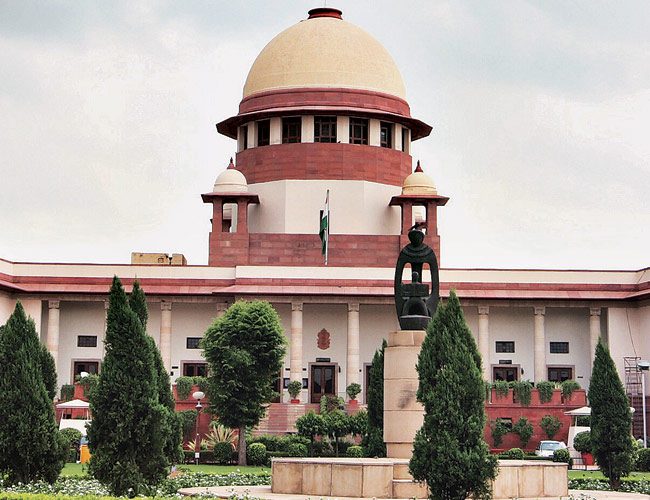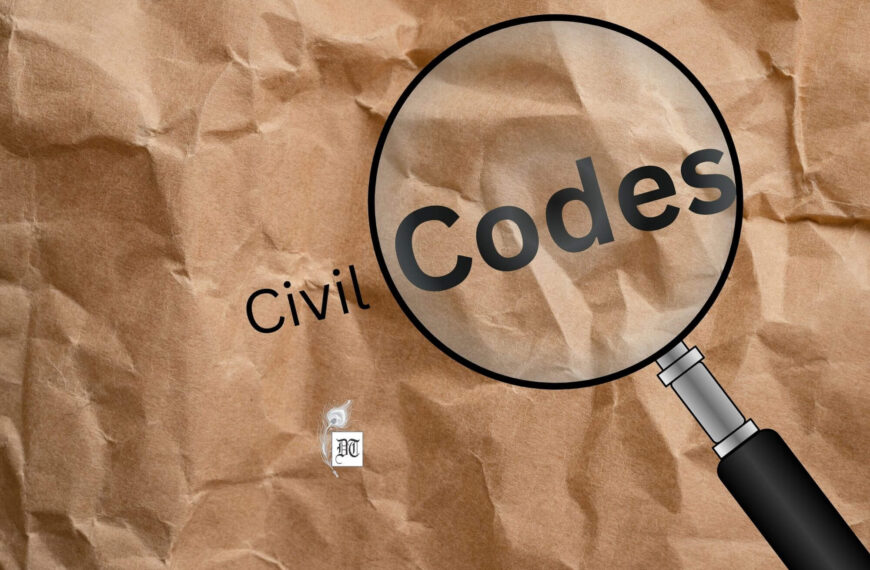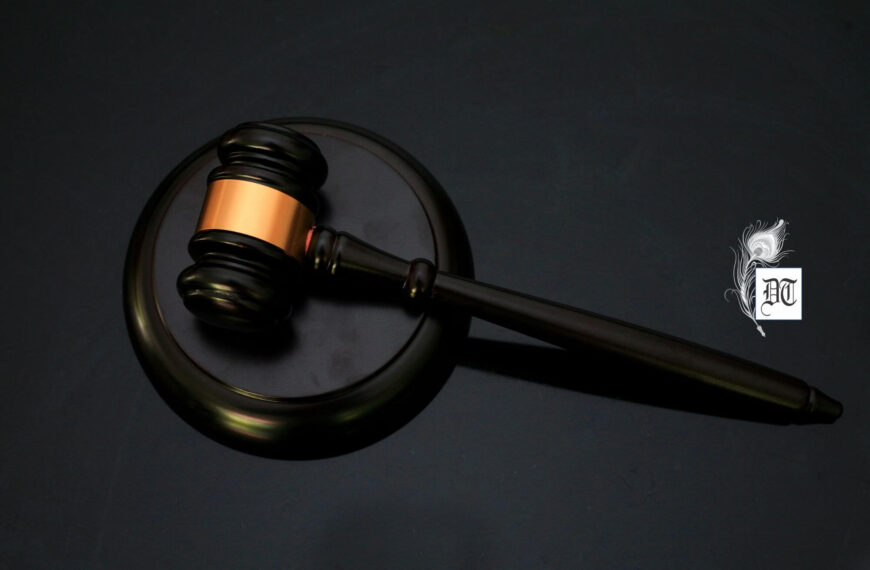The Apex Court in one stroke made the police confession admissible, and upheld the conviction of the accused under Section 396, IPC. It is noted that inadmissibility of confession made by an accused to a police officer (Section 25, Indian Evidence Act, 1872), or in police custody (Section 26, Evidence Act) has been the cornerstone of the fundamental right to fair trial guaranteed under Article 21 of the Constitution. A report for Different Truths.
In a surprising judgment with wide ramifications, the Supreme Court, in a two judge bench decision, has overturned its longstanding jurisprudence on the issue of inadmissibility of confession of accused in the police custody. In a recent case of criminal appeal, the Supreme Court upheld the conviction of the accused for the offence of dacoity and murder under Section 396, Indian Penal Code, 1860 simply on the basis of the confession of the accused in police custody, which otherwise is inadmissible in the Court.
While dealing with the contention of the admissibility of the accused’s confession, the Supreme Court held that “In the case on hand, before looking at the confessional statement made by the accused-appellant in the light of Section 27 of the Evidence Act may be taken into fold for limited purposes. From the aforesaid statement of the appellant, it is clear that he had explained the way in which the accused committed the crime and shared the spoils. He disclosed the fact Munna Manjhi was the Chief/Head of the team of assailants and the crime was executed as per the plan made to him. It also came to light by his confession that the accused broke the doors of the home of informant with the aid of heavy stones and assaulted the inmates with pieces of wood (sticks). He categorically stated that he and Rampati Manjhi were guarding at the outside while other accused were committing the theft. The recoveries of used polythene pouches of wine, money, clothes, chains and bangle were all made at the disclosure of the accused which corroborates his confessional statement and proves his guilt. Therefore, the confessional statement of the appellant stands and satisfies the test of Section 27 of the Evidence Act.”
Thus, the Apex Court in one stroke made the police confession admissible, and upheld the conviction of the accused under Section 396, IPC.
It is noted that inadmissibility of confession made by an accused to a police officer (Section 25, Indian Evidence Act, 1872), or in police custody (Section 26, Evidence Act) has been the cornerstone of the fundamental right to fair trial guaranteed under Article 21 of the Constitution. Only part of confession, which is admissible in Court is what is stated in Section 27 of the Indian Evidence Act, i.e., only those facts that result in the discovery of incriminating materials against the accused, including the weapon, or documents, etc. No other statement would be admissible in the Court of law. The Supreme Court in the present case relied heavily on the statements of the accused in police custody, which did not meet the criteria laid down in Section 27. Section 27 is limited to facts result in discoveries or recoveries of incriminating materials, and no facts in the nature of narrative statements reflecting the alleged culpability of the accused or describing the alleged offence would fall within the purview of Section 27. The Court is incorrect in its observation that discovery of any fact concerning the alleged offence would also be admissible, without resulting of any discovery.
As is well-known, the police routinely torture and use ‘third degree’ methods to extract confessions from the accused persons, in order to implicate innocent persons, and Sections 25 and 26 of the Indian Evidence Act provide a bullwark against such misuse of police power. The only exception remains in Section 27. The Supreme Court in numerous cases has emphasised the protection of accused from the torturous police methods, and to retain the sanctity of evidentiary procedures. It is highly problematic that the Court in the present case has overlooked such binding precedents, and given legitimacy to the much criticised police machinations.
It is hoped that the judgment is overruled very soon, and the sanctity of criminal procedure is restored, otherwise it would create havoc in the prosecution and trial of criminal cases in India. [Raju Manjhi v State of Bihar, Criminal Appeal No. 1333 of 2009, date of judgment 02.08.2018]
Amritananda Chakravorty
©IPA Service
Photo from the Internet





 By
By
 By
By
